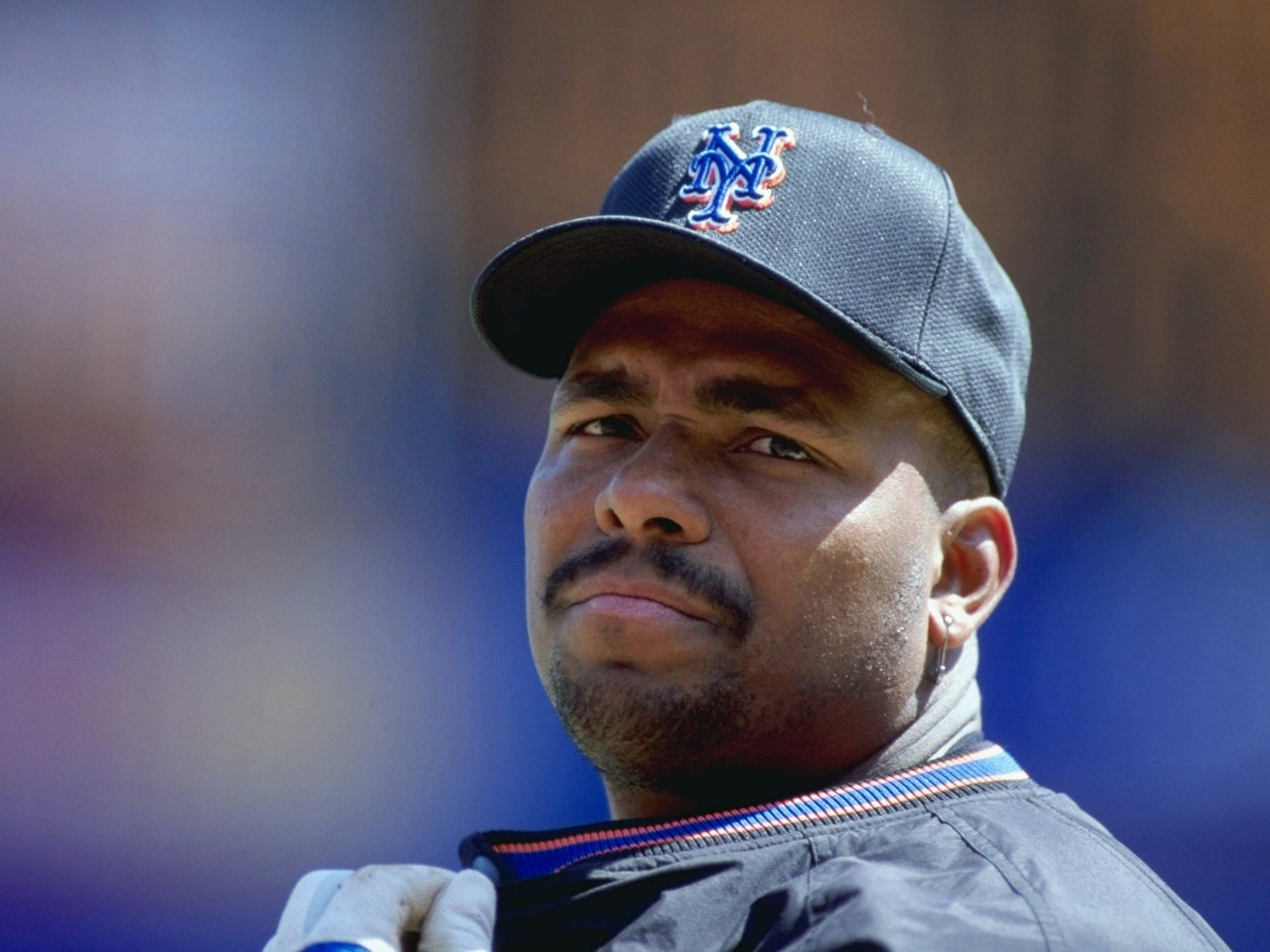 Bobby Bonilla.Al Bello/Getty
Bobby Bonilla.Al Bello/Getty
Every sport has its fair share of notoriously bad contracts.
One of the most notorious is the strange “deferred money” contract that the Mets gave to Bobby Bonilla in 1999.
Bonilla was a good player who played two stints for the Mets — in the early ’90s before skipping around the league and returning in 1999.
However, the Mets were dissatisfied with his performance in 1999 (he played only 60 out of 162 games that year and performed abysmally when he did play), so they didn’t want to pay him the $5.9 million he was owed the following year.
In order to get out of the deal, the Mets and Bonilla’s agent, Dennis Gilbert, brokered a deal that would defer the payment of the $5.9 million until 2011. ESPN’s Darren Rovell explains it fully:
“The Mets owed Bonilla $5.9 million for the 2000 season and no longer wanted him. So the club negotiated with Gilbert to attach an 8 percent annual interest rate to that money. With the clock starting in 2000, that adds up to $29.8 million. The first installment of the payout came on July 1, 2011, and the Mets will pay their sixth installment on [July 1].”
The Mets chose this option thanks, in part, to Bernie Madoff. The Wilpons, who own the Mets, had a number of accounts with Madoff, who promised exorbitant returns, which motivated them to think that they would have enough money to make these deferred payments.
Alas, Madoff was exposed in a Ponzi scheme, and the Wilpons now have a relatively small, yet consistent financial hardship each year.
The deal looks laughable now for the Mets, but surely Bonilla doesn’t mind the $1 million paycheck each July.
NOW WATCH: This is what Tom Brady eats to play pro football at 38 years old













